The TikTok ban deadline, set for Jan. 19, is possibly extended after Sen. Ed Markey, D-mass, proposes a bill to the Senate giving ByteDance 270 days to sell TikTok or face the ban.
“Let me be clear: TikTok has its problems,” Sen. Markey said in his remarks . “Like every social media platform, TikTok poses a serious risk to the privacy and mental health of our young people. I will continue to hold TikTok accountable for such behavior. But a TikTok ban would impose serious consequences on millions of Americans who depend on the app for social connections and their economic livelihood. We cannot allow this to happen.”
If banned, new users in the United States will no longer be able to download TikTok from Apple and Google app stores and will not be accessible through internet browsers. Current users would not be able to download updates eventually making the app unusable.
“On January 19, as I understand it, we shut down,” TikTok attorney Noel Francisco said. “What the act [Government Devices Act] says is that all of the other types of service providers can’t provide service either. So essentially what they’re going to say is that, I think ‘we’re not going to be providing the services necessary to have you see it.’ So it’s essentially going to stop operating.”
On Jan. 10, the Supreme Court heard oral arguments discussing free speech and national security regarding TikTok.
“This case ultimately boils down to speech,” Francisco said during oral arguments. “What we’re talking about is ideas. If the First Amendment means anything, it means that the government cannot restrict speech.”
Justice Brett Kavanaugh and Chief Justice John Roberts raised concerns about the possibility China is accessing information about millions of American users – endangering national security.
The Supreme Court’s concern, Kavanaugh said, was “that they would use that information over time to develop spies to turn people, to blackmail people, people who a generation from now will be working in the FBI or the CIA or in the State Department.”
TikTok released in September 2016, accumulating 170 million U.S. users over the nine years. If banned, it will force American TikTok creators to find a new way to create new content.
“I’m very upset,” senior Sydney Jackson said. “I spend most of my free time on TikTok, and I really enjoy it.”
In response to the possible ban, TikTok users are downloading another Chinese app named Xiaohongshu, or RedNote in English. RedNote presents a similar layout to Instagram and has become China’s fastest-growing social media apps.
“TikTok is definitely a more developed app,” junior Abbie Fleeman said. “But, RedNote seems like a promising replacement.”
Despite the government’s pursuit to ban TikTok, there are ways around it, including using a virtual private network or VPN. VPN allows users to hide location data and change a user’s location by accessing the internet from a different country.
“We consistently see significant spikes in VPN demand when access to online platforms is restricted, and this situation is no different,” Lauren Hendry Parson, a privacy advocate at ExpressVPN, said.
Although ByteDance has stated the app is not for sale, willing buyers have attempted, including Shark Tank’s famous investor Kevin O’Leary backed by a group created by Frank McCourt called Project Liberty.
“This isn’t about buying TikTok’s U.S. assets,” O’Leary said in a statement on X Jan. 6. “It’s about something much bigger: protecting the privacy of 170 million American users. It’s about empowering creators and small businesses. And it’s about building a platform that prioritizes people over algorithms.”
This is a developing story. Check back for updates.





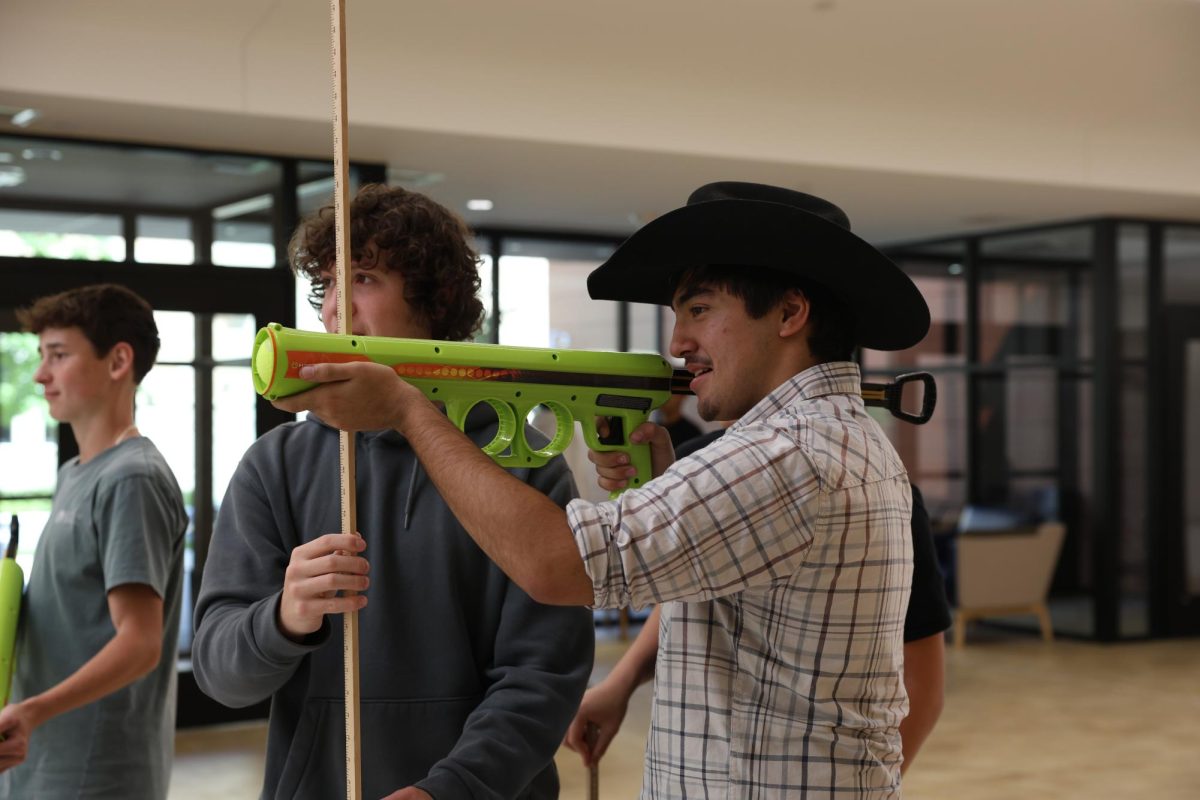

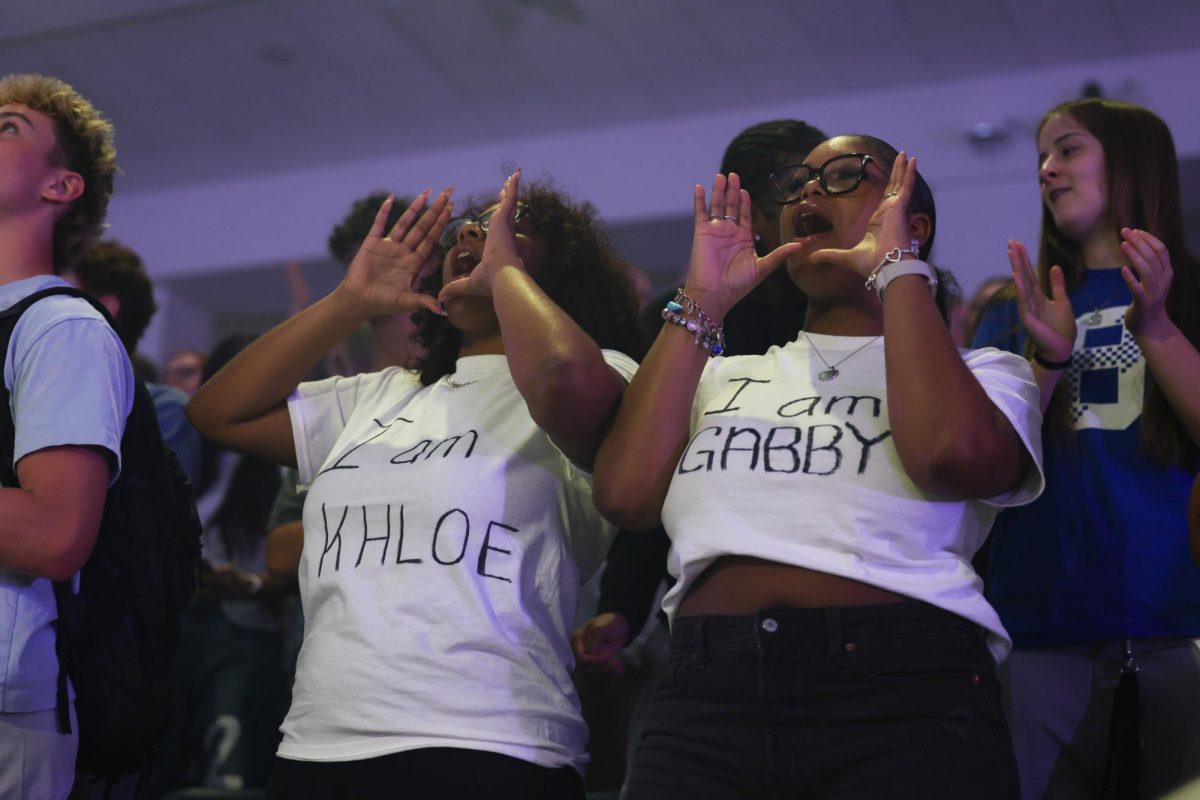



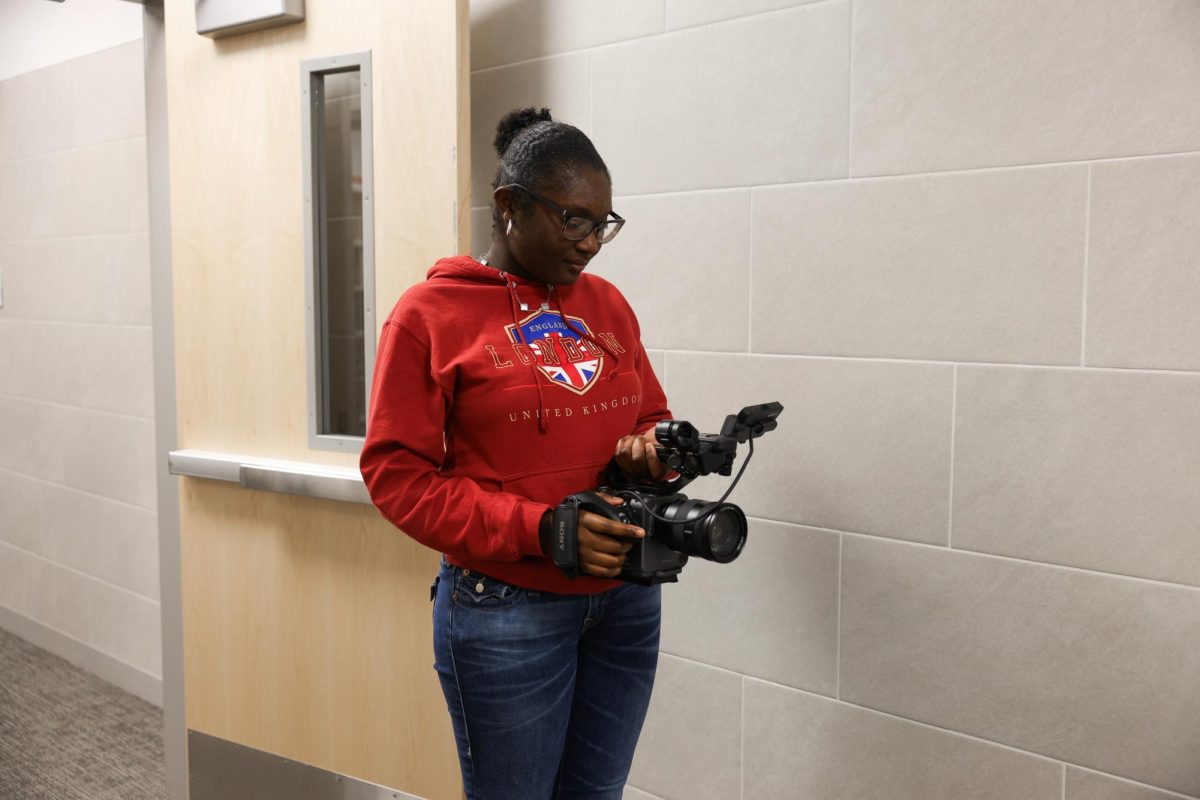








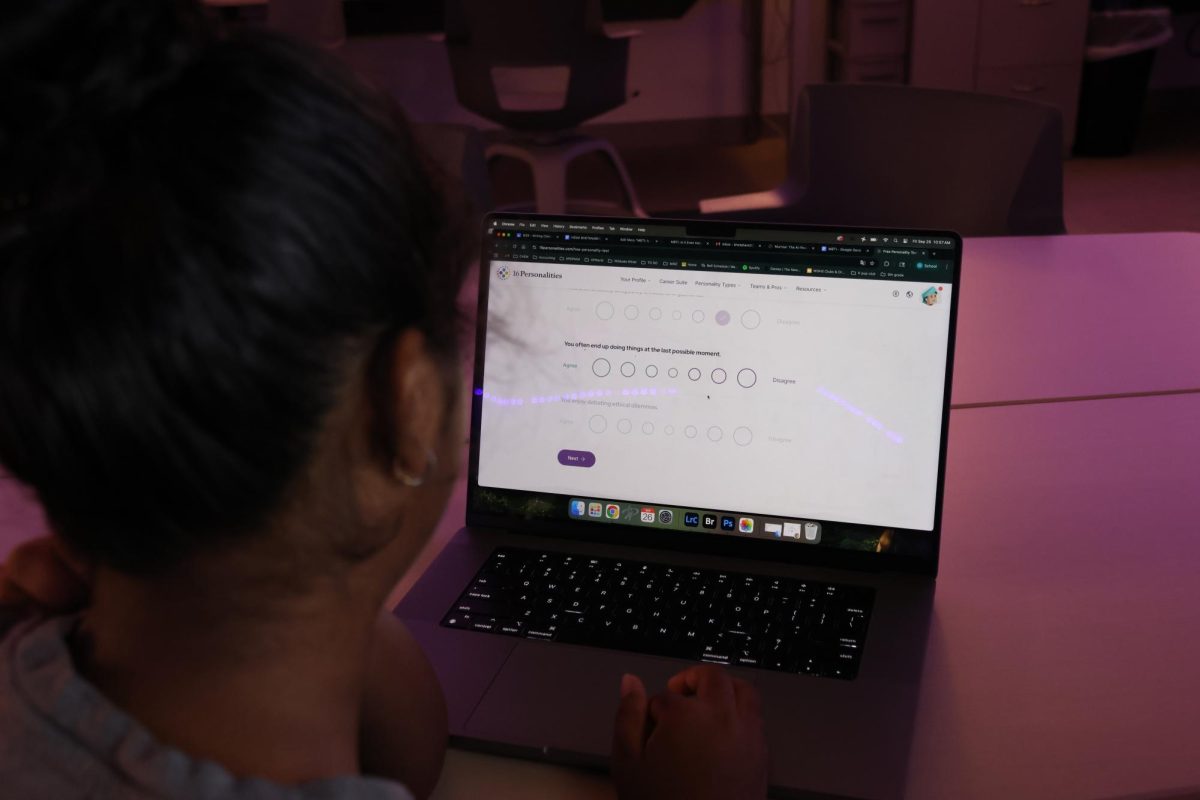

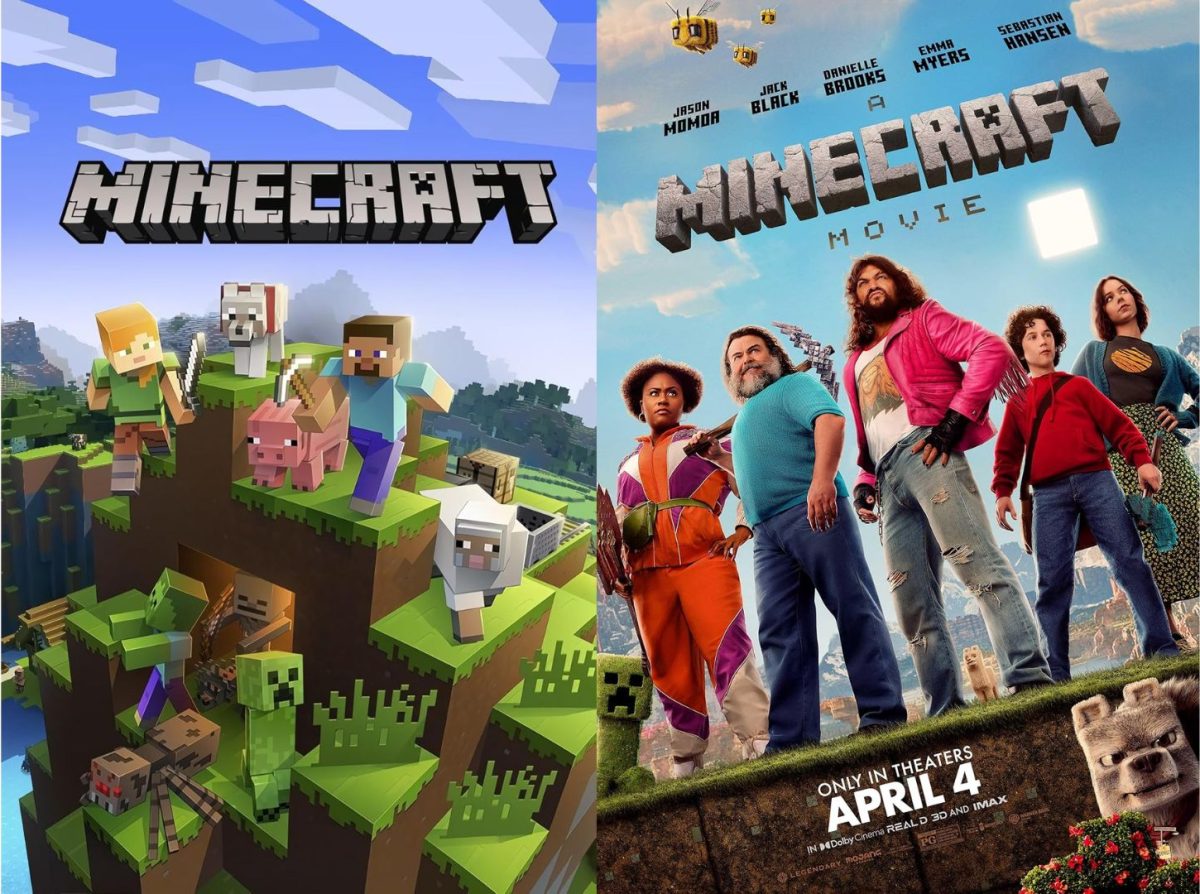

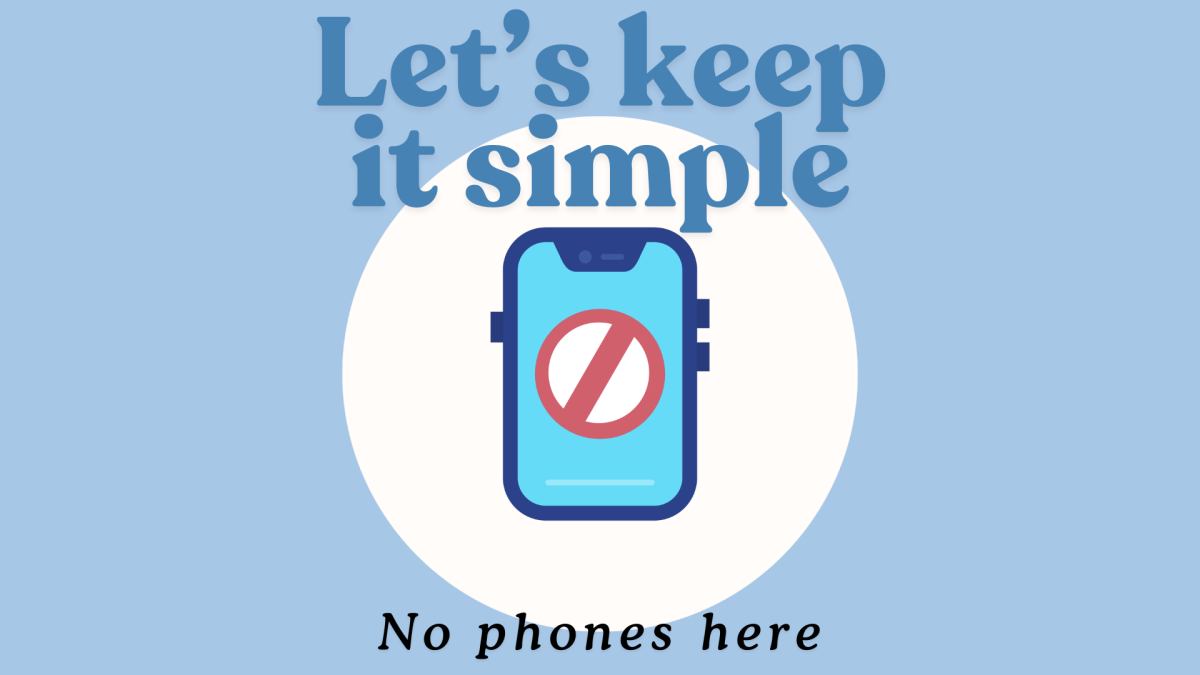
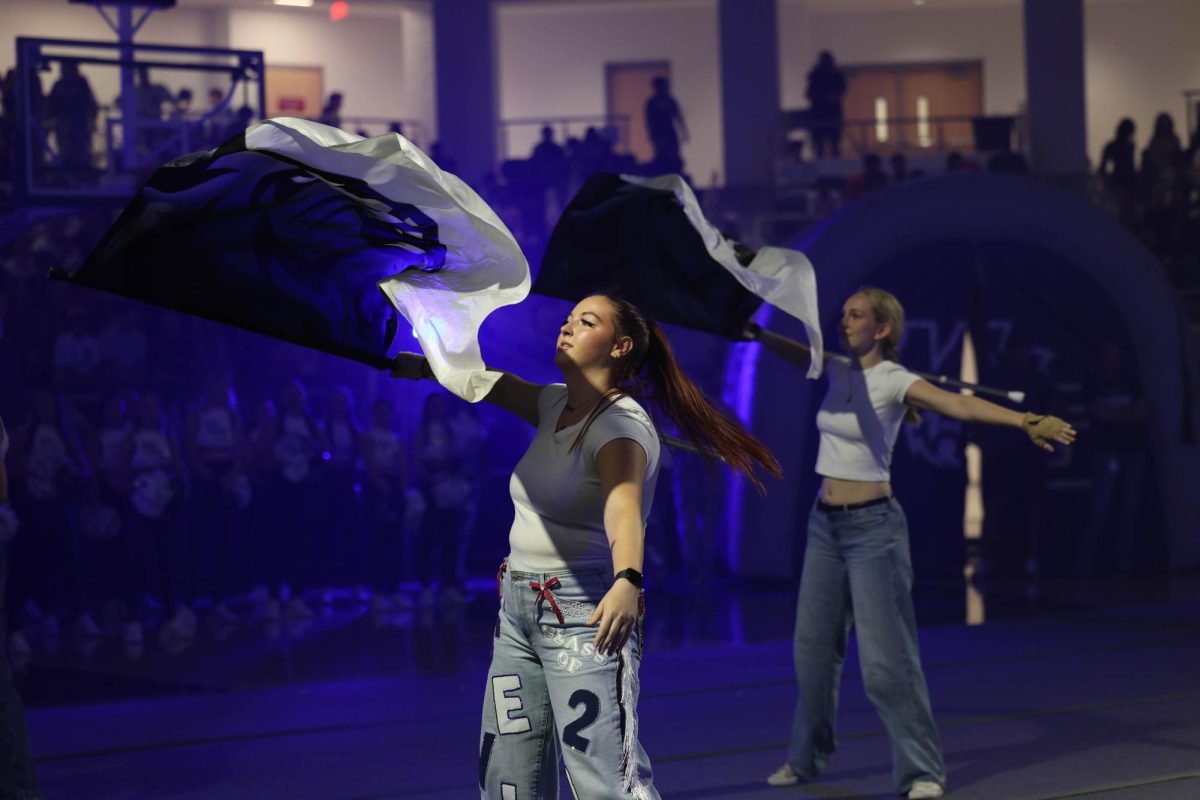














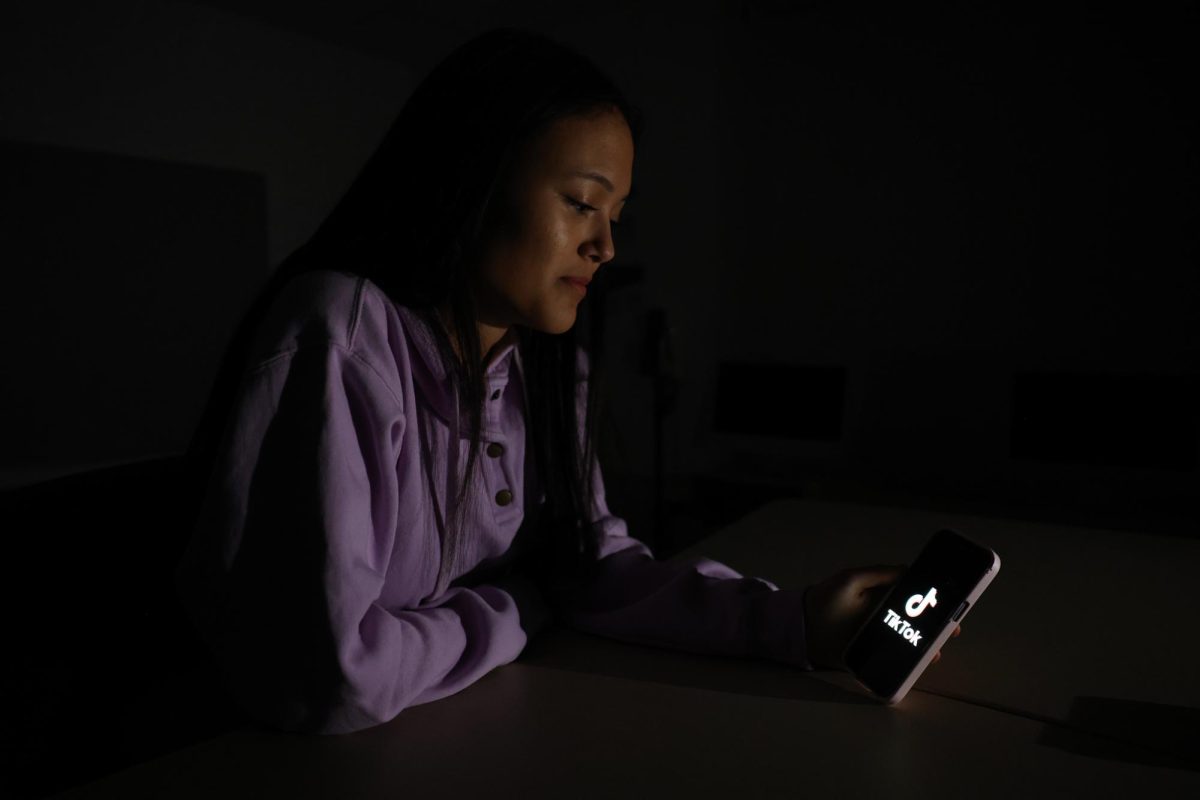



Carol • Jan 16, 2025 at 2:46 pm
Well organized, informative article. TY